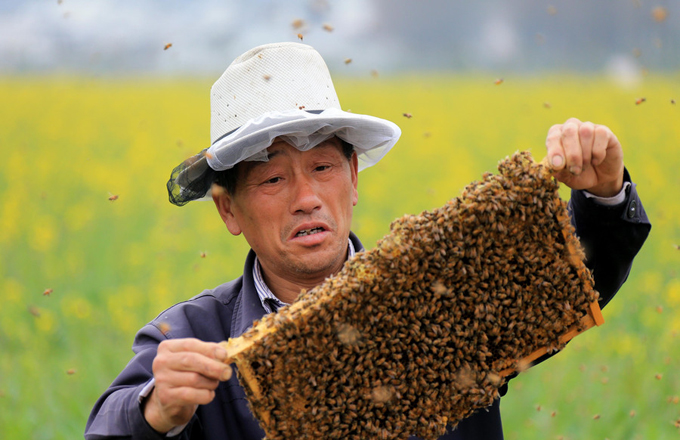

GENEVA - No close contacts with the 14 confirmed avian influenza H7N9 cases in China have been tested positive for the new virus to date, the World Health Organization (WHO) said on Friday.
Given that all cases come from a large geographical area with no evidence of epidemic logical linkage between them, there was no sign of sustained human-to-human transmission at this moment, WHO spokesperson Gregory Hartl added.
He stated that the source of infection is unknown yet but was under active investigations. "Until we know the source, you can't work effectively to stop the infections," he said.
Hartl repeated that while investigations were going on into various possible environmental and animal sources, at the moment swines, especially those dumped into the river in China, have not been shown to be connected with the cases.
When asked the opinion on the culling of poultry in Shanghai for the prevention and control of the disease, Hartl said it was "understandable and it may help." He said the effects of the option depends on what the infection source is.
He added that WHO's six collaborating centers for influenza in Beijing, Tokyo, Melbourne, London, Atlanta and Memphis are analyzing different H7N9 bird flu virus to find out the vaccine virus.
According to WHO's announcement, preliminary test results provided by the WHO Collaborating Centre in China suggested that the virus is susceptible to the neuraminidase inhibitors (oseltamivir and zanamivir).







